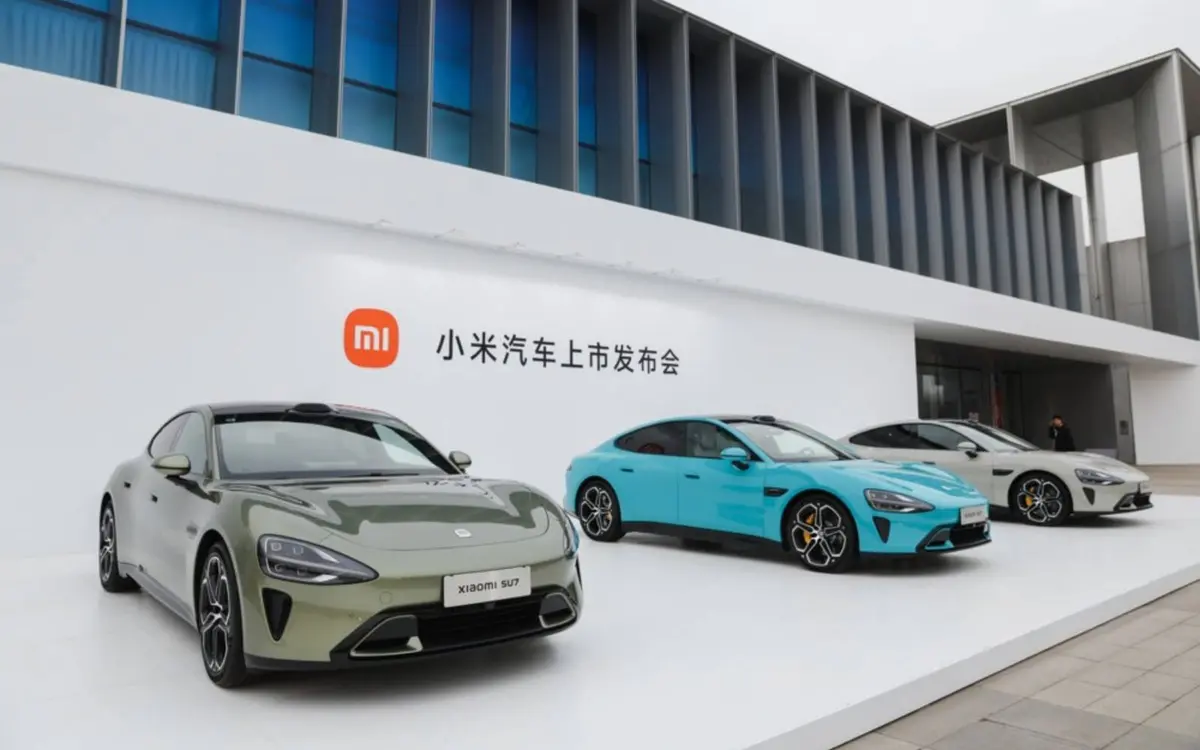According to a transcript reviewed by Reuters and verified by one of the participants, the Ministry of Industry and Information Technology presented the mandate on vehicle advertising during a meeting with over 60 representatives from automakers on Wednesday.
The action comes after a deadly collision involving Xiaomi’s top-selling SU7 sedan in March, which raised serious questions about car safety.
According to preliminary findings, the Xiaomi vehicle caught fire shortly after the driver took over control from the advanced driving assistance system (ADAS) after it struck a cement roadside pole at a speed of 97 kph (60 mph).
According to a transcript reviewed by Reuters and verified by one of the participants, the Ministry of Industry and Information Technology presented the mandate on vehicle advertising during a meeting with over 60 representatives from automakers on Wednesday.
The action comes after a deadly collision involving Xiaomi’s top-selling SU7 sedan in March, which raised serious questions about car safety.
According to preliminary findings, the Xiaomi vehicle caught fire shortly after the driver took over control from the advanced driving assistance system (ADAS) after it struck a cement roadside pole at a speed of 97 kph (60 mph).












